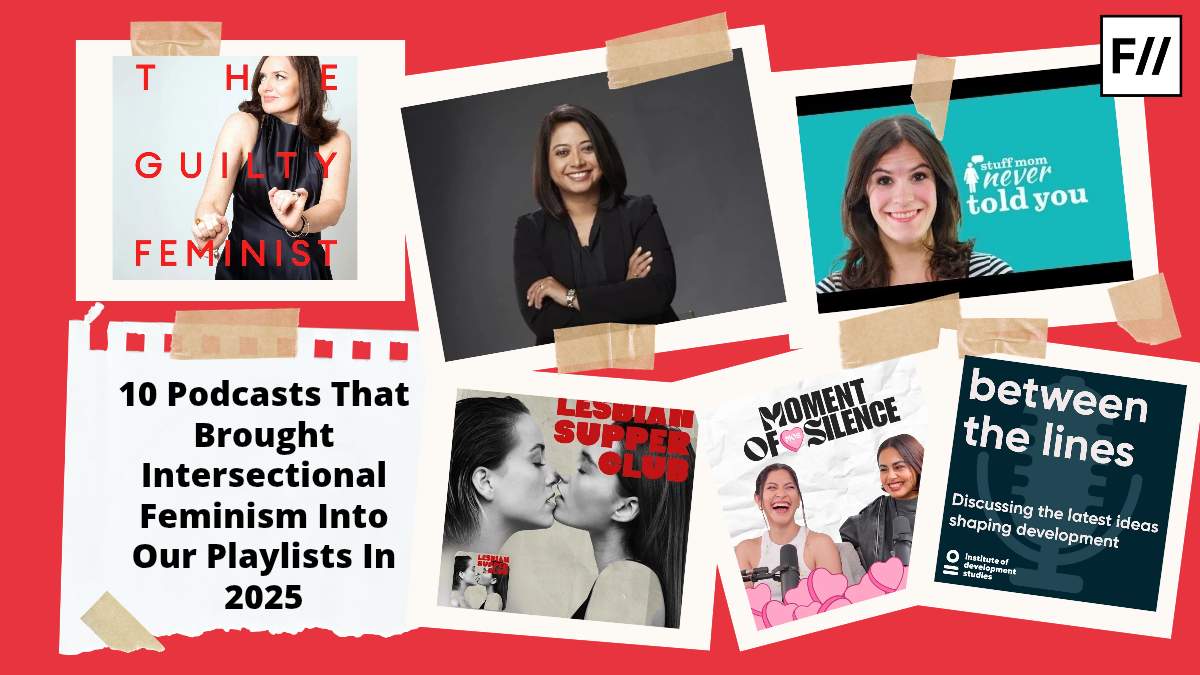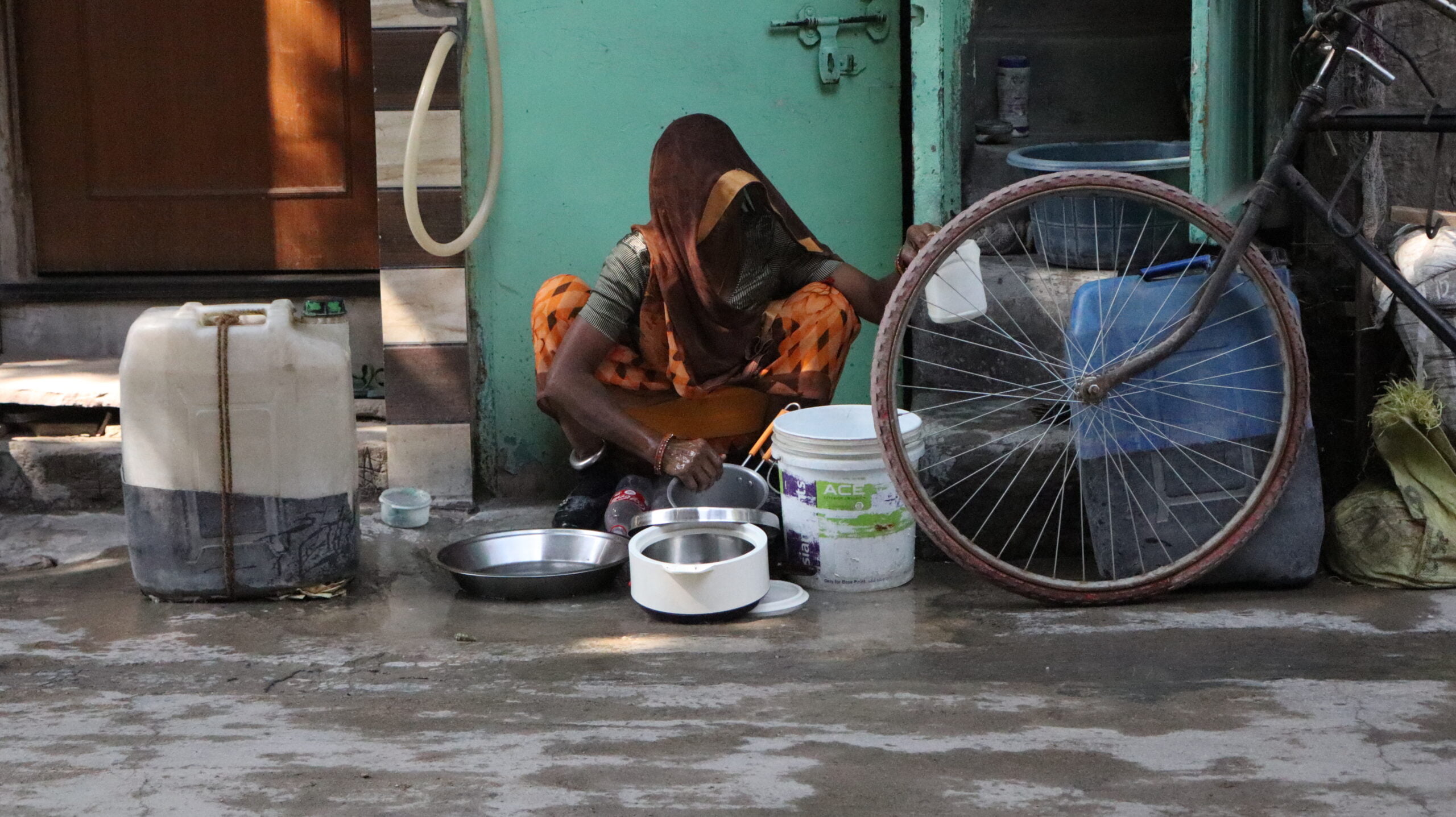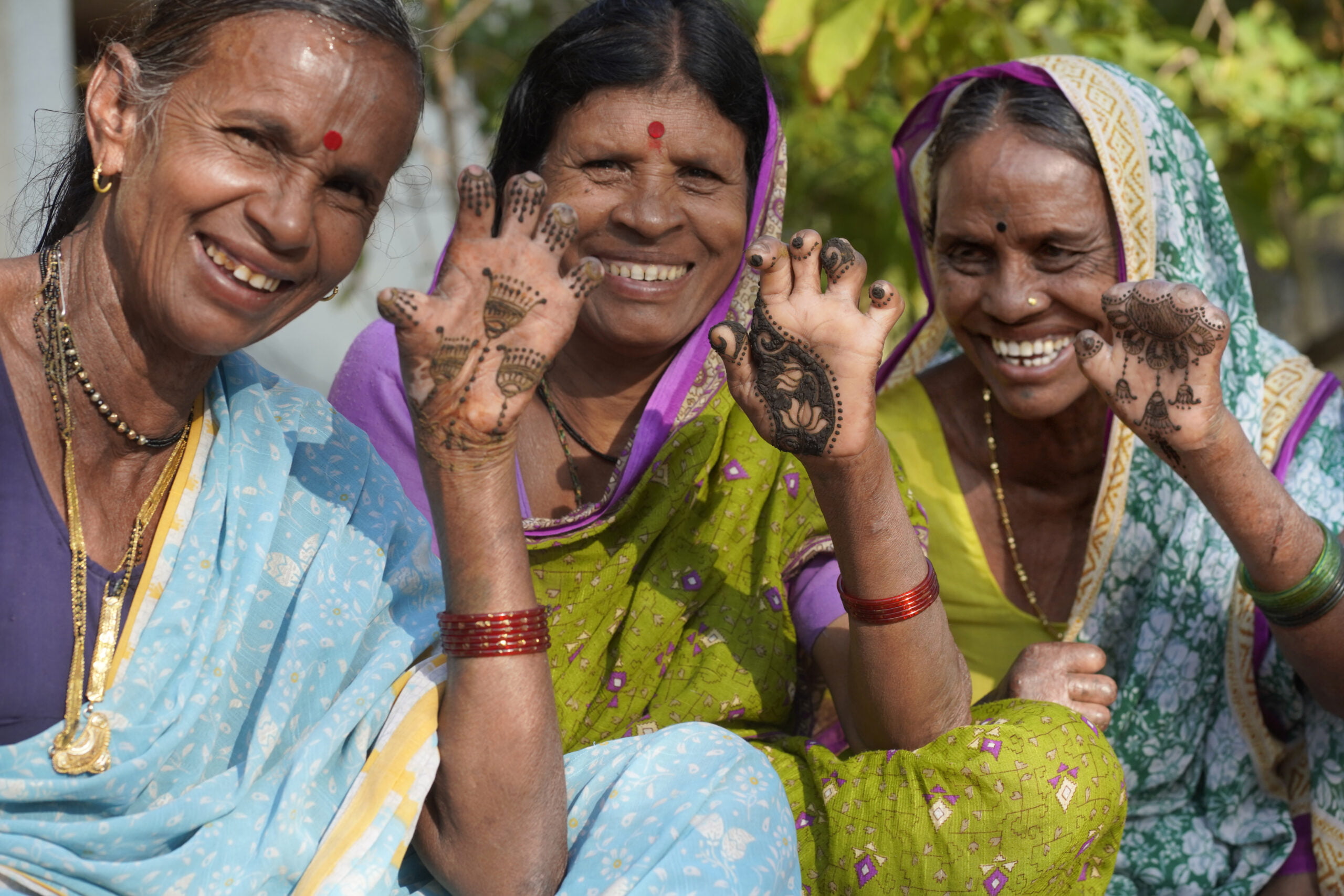Ever since its inception in 1896, the Olympic games have been considered to be the highest stage for athletes and sportspersons. However, the games have a long and painful history of sexism, racism, and discriminatory behavior. So, let’s take a look at the history of sexism in the Olympics!
Where it all started?
Ever since its inception in 1896, the Olympic games have been considered to be the highest stage for athletes and sportspersons. However, the games have a long and painful history of sexism, racism, and discriminatory behavior. Back in the day, women were excluded from participating as the tournament’s founder, Pierre de Coubertin, thought it would be “inappropriate” to let them participate in a man’s world.

When women entered the arena
It was in 1900 when women were first allowed to participate in the Olympic games. However, out of the 997 athletes that participated in the Olympics of 1900, only twenty-two were women. And they were only allowed to compete in select sports like tennis, sailing, croquet, equestrian, golf, archery, gymnastics, skating, and swimming.

1968 Olympic games: The mandatory sex testing
Many women athletes were criticized for appearing “too masculine”. That’s when the International Olympic Committee launched the highly debated ‘mandatory sex testing’ in the 1968 games, to verify the gender of the athletes. After several protests, it was only in 1998 that this test was stopped.
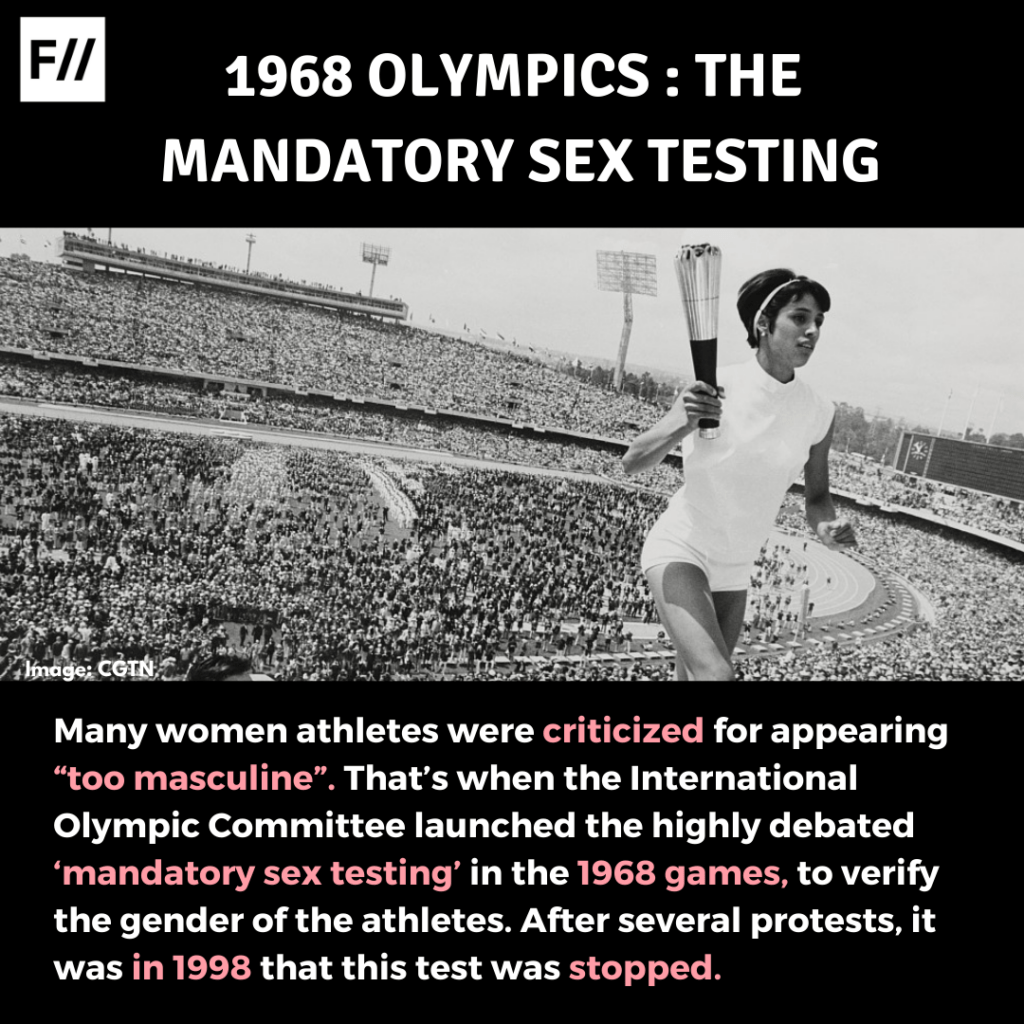
Barcelona 1992 Olympic Games
In 1992, at the games in Barcelona, out of the 169 countries that participated, 35 countries had no women participants, and one of the teams refused to walk behind a Spanish female athlete at the opening ceremony.
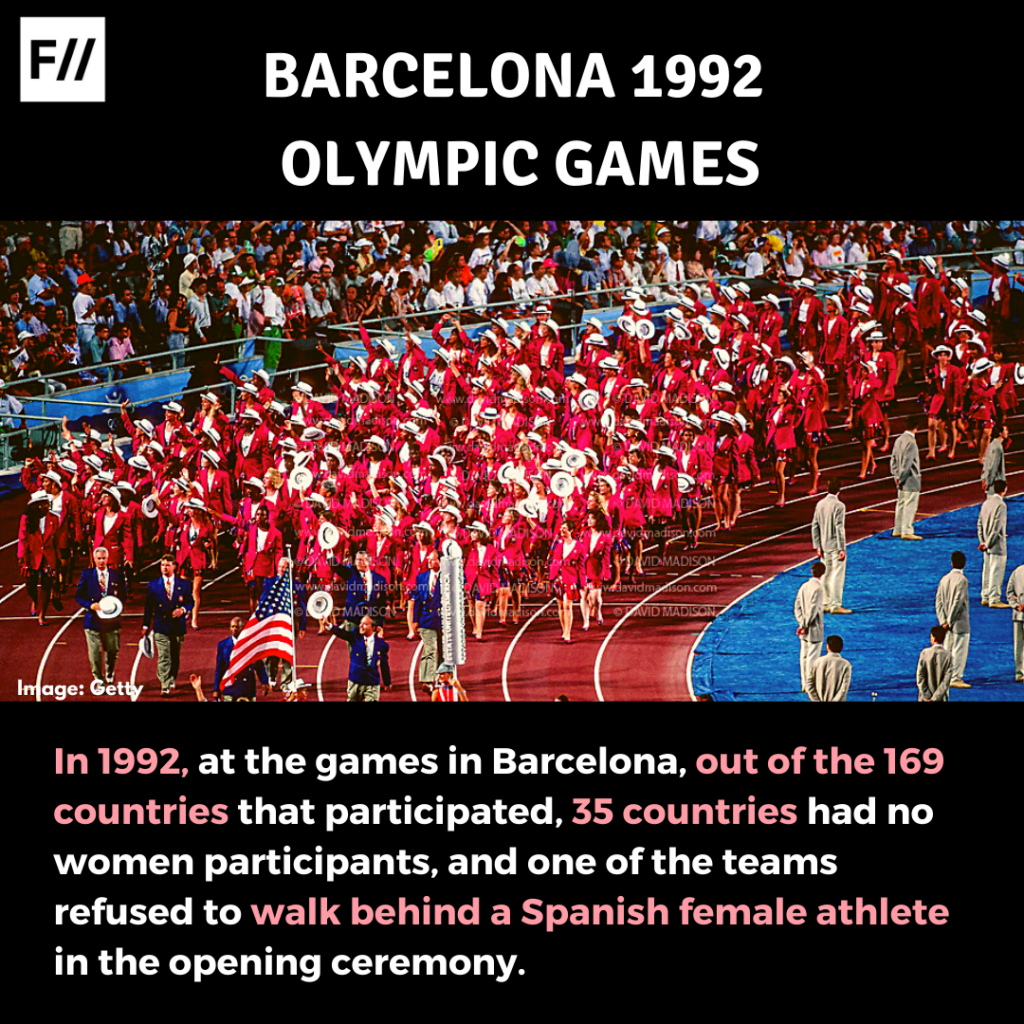
London 2012 Olympic Games
At the London games, Chinese swimmer Ye Shiwen won gold in record time. It was a world record. However, since she was faster than Ryan Lochte, the then-record holder, eyebrows were raised and accusations thrown at her that were born out of prejudice. She was even accused of doping since she was a woman who had beaten a man to create a record.
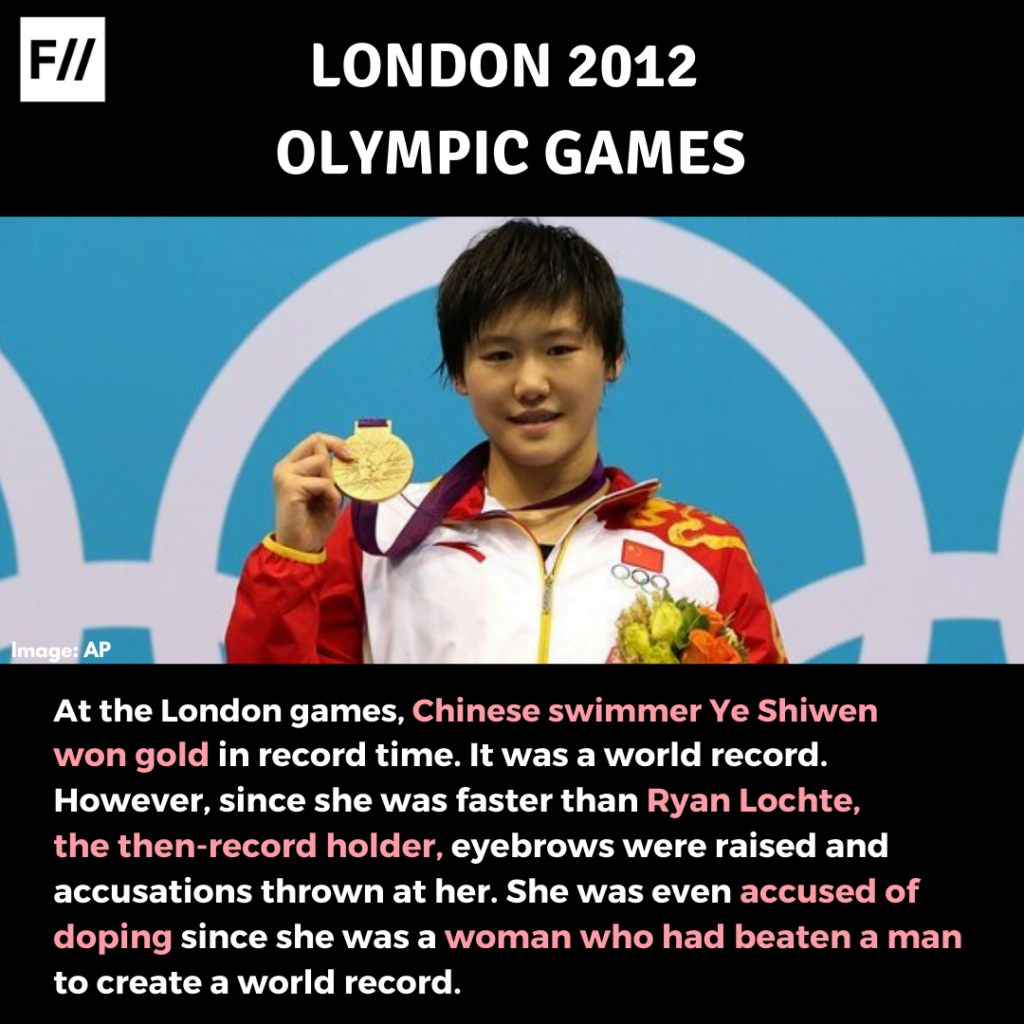
Rio 2016 Olympic Games
The Rio Olympics was the year of plenty of sexist comments. Women athletes were constantly compared to male athletes. US gymnast Simone Biles had to face the brunt of those comments, she was compared to many previous Olympic medal holders who were men. She was compared with Michael Phelps and Usain Bolt. She had then said “I’m not the next Usain Bolt or Michael Phelps. I’m the first Simone Biles.”
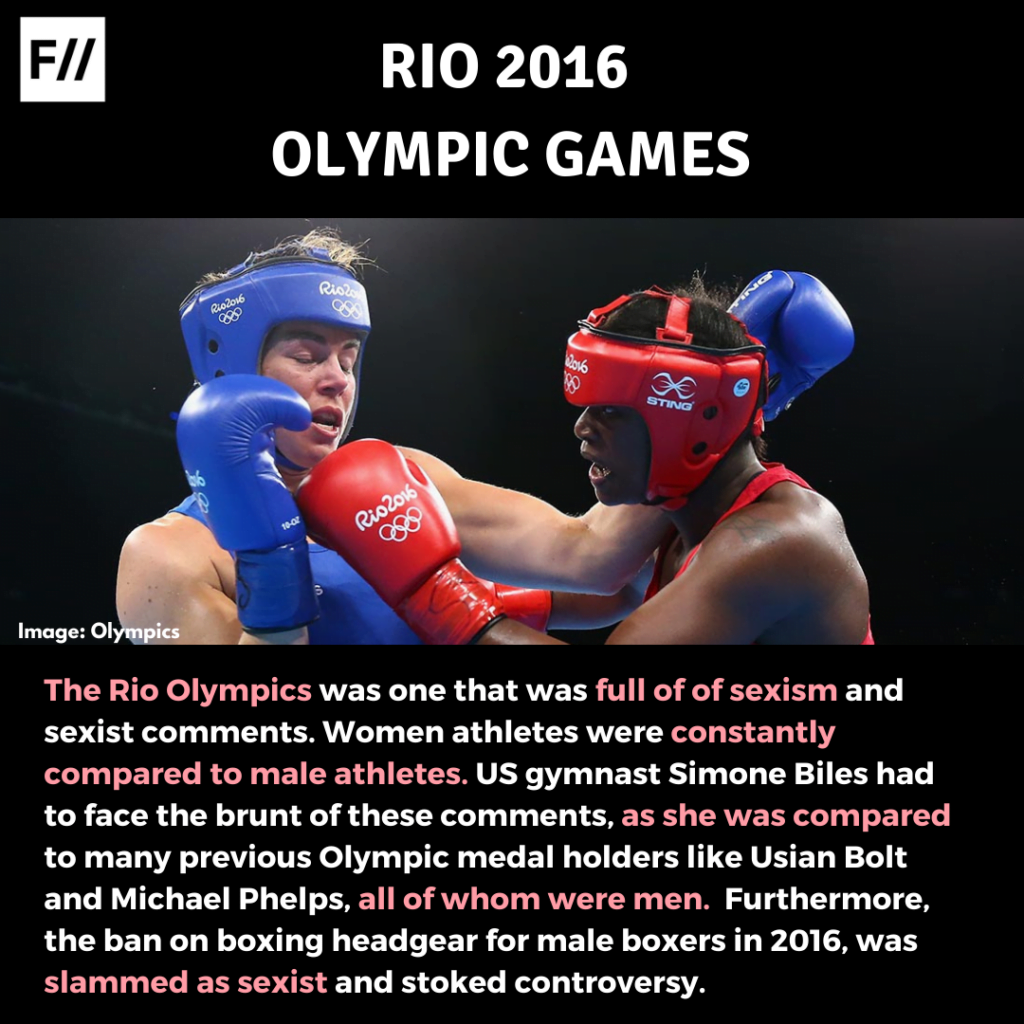
Tokyo 2020 Olympic Games
In this year’s Olympic games too, sexism and discrimination were aplenty. Suspension of runner Sha’Carri Richardson for testing positive for marijuana was seen as unfair discrimination against a grieving queer Black woman. Then there was a ban on swim caps that fit natural Black hair.

The dress code became a ground of contention. British Paralympic athlete Olivia Breen was recently told that her shorts were “too short”. While members of the Norwegian women’s beach handball team were fined for refusing to wear bikini bottoms at a match. Simone Biles once again received a fair share of criticism, being termed ‘weal’ by many for having chosen her mental health over competing in the games.

Intersectionality of race, gender, sexuality
The intersectionality of race, gender, and sexuality also has a key role in the lived experiences of the athletes. For the black women athletes historically, the arena of sports has been more taxing than their white counterparts. They have been subjected to endless body-shaming, racism, and discriminatory treatment by sports’ governing bodies. The respect that these women athletes earn is disproportionately measured against their wins rather than their genuine talent.

About the author(s)
Shriya is a former student of literature and a multimedia journalist with an interest in sports and human rights. She can be found watching Shah Rukh Khan movies or listening to Ali Sethi and 90s Bollywood songs. She enjoys a good cup of black coffee multiple times a day and is often compared to 'Casper, the friendly ghost'.

